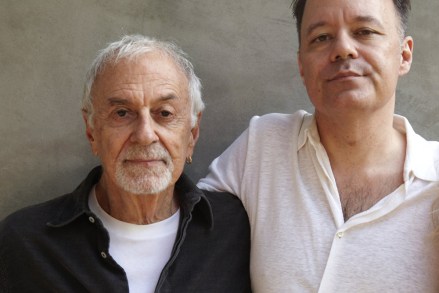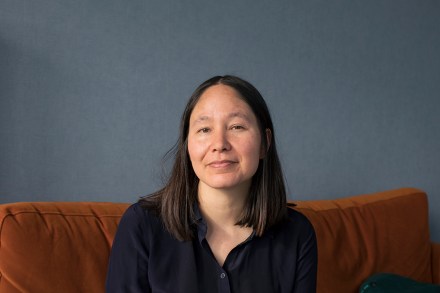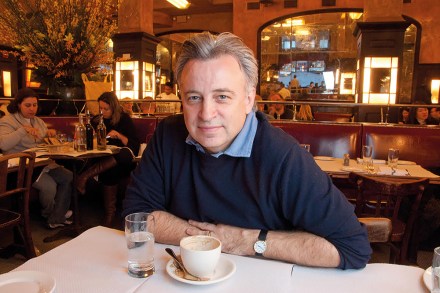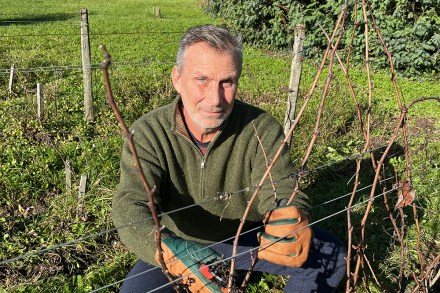Whatever happened to Caroline Lane? A Margate mystery
Should you search for someone who has disappeared seemingly of their own volition? David Whitehouse, the author of novels that scooped the Betty Trask and Jerwood prizes and were shortlisted for the Gordon Burn and CWA Golden Dagger awards, happened upon a real-life mystery. Having his hair cut in Margate, he was told about a woman who had lived in the neighbourhood and vanished. The story came from a resident of the same block as the missing Caroline Lane. Whitehouse’s interest was piqued. This is the background to Saltwater Mansions, the name of the apartment block from which Lane, a feisty (even grumpy) middle-aged woman had seemingly evaporated with no




















